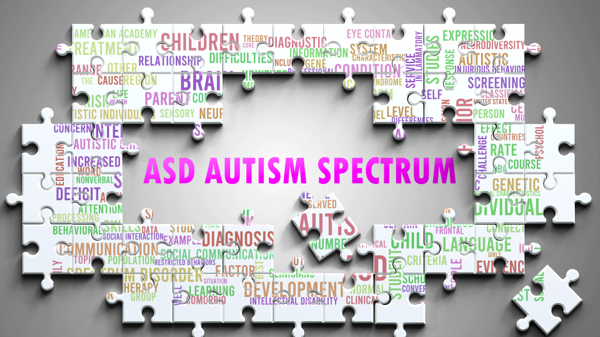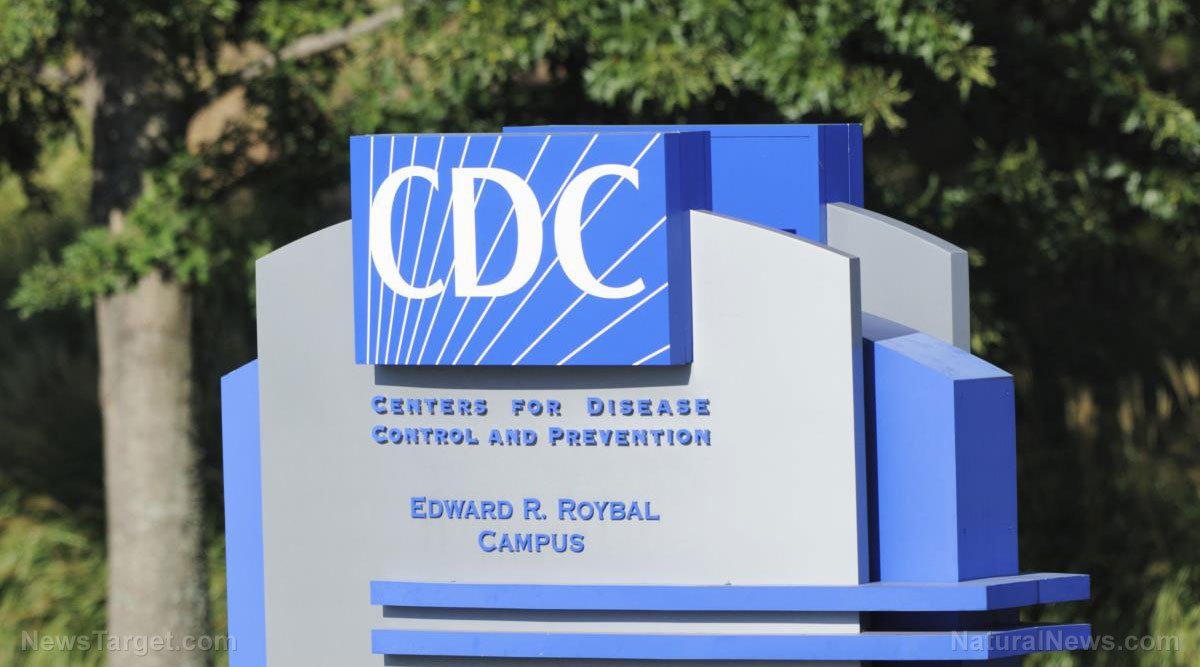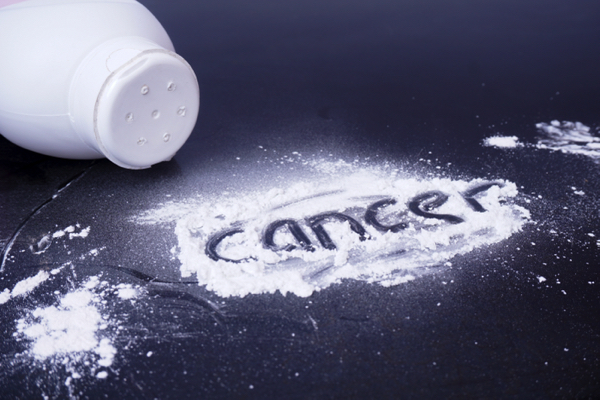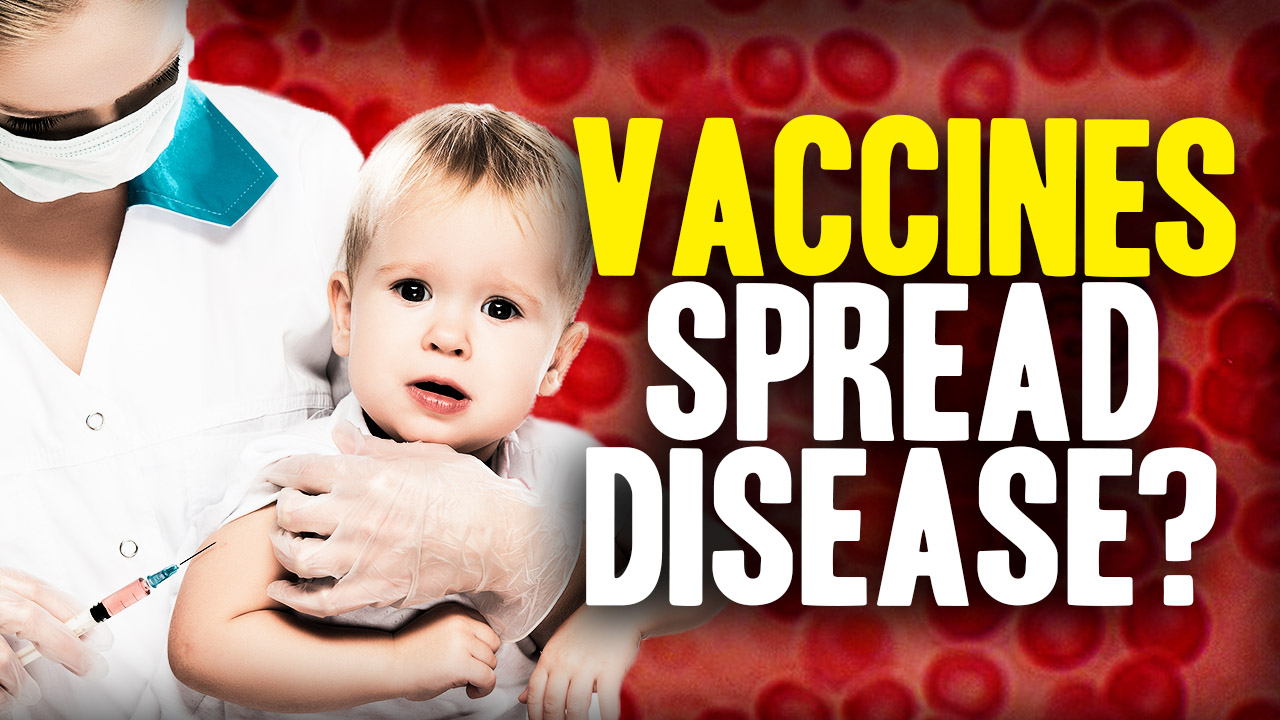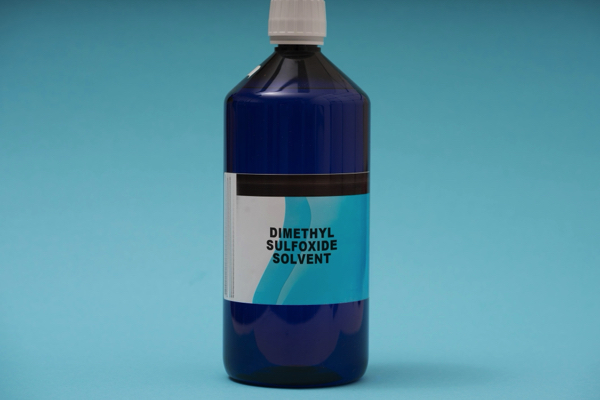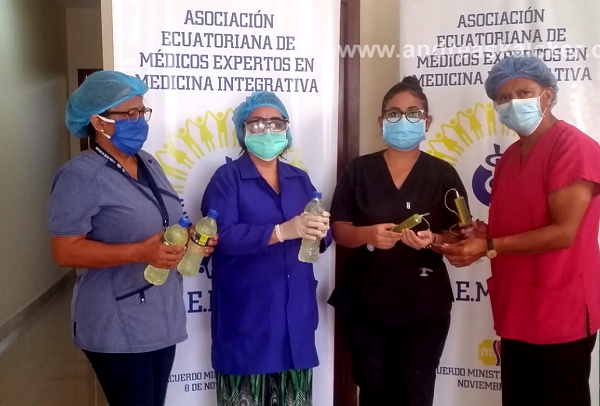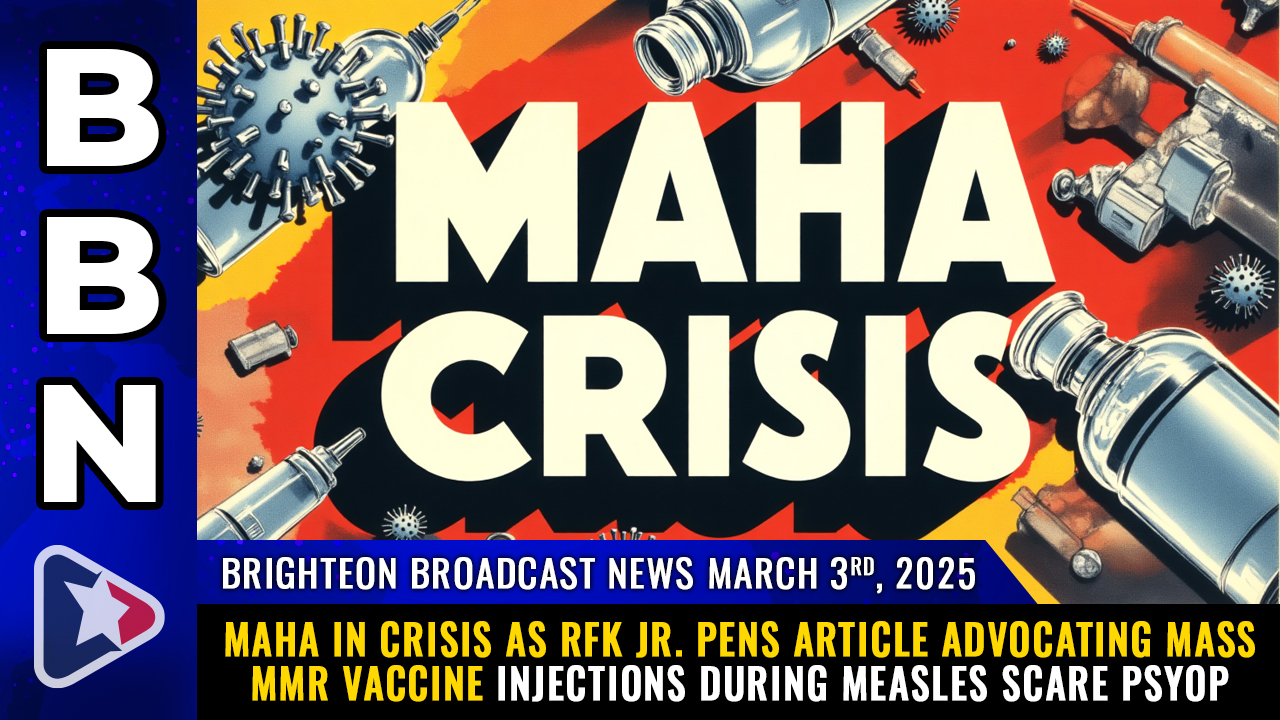Tom Cruise’s 2005 pharma “rant”: A prophetic warning
06/04/2025 / By Belle Carter
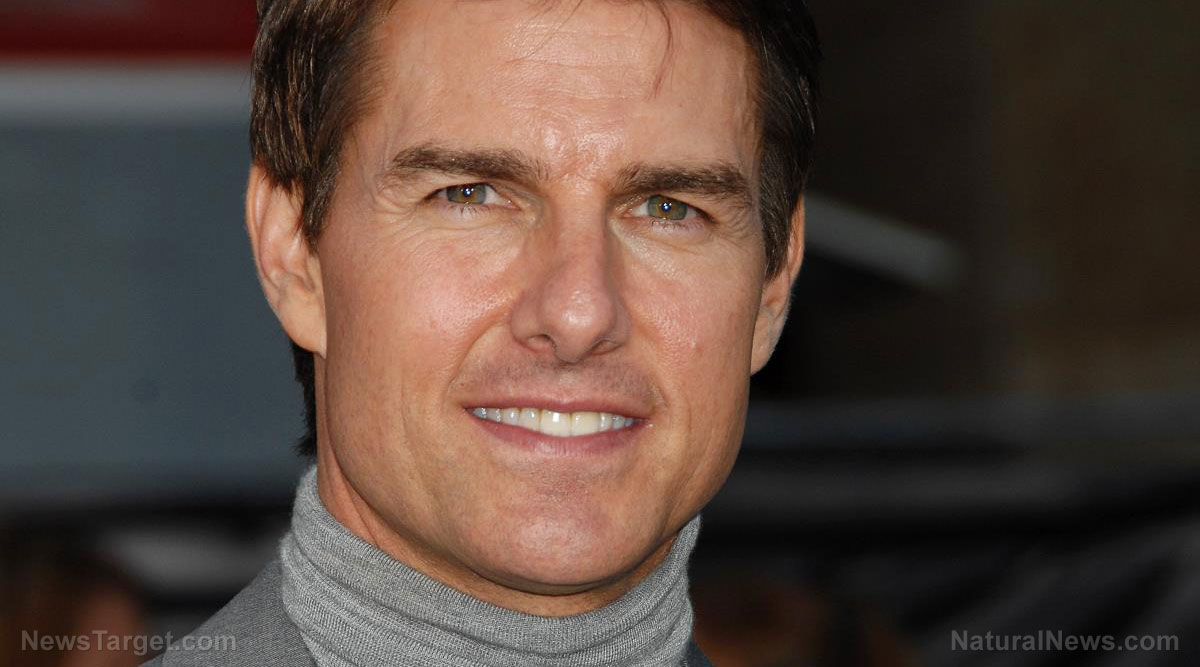
- In a 2005 interview, Tom Cruise passionately criticized the pharmaceutical industry and its approach to mental health, particularly the overmedication of children.
- During a promotional interview for “War of the Worlds,” Cruise argued with Matt Lauer about the use of antidepressants and ADHD medications, calling psychiatry a “pseudoscience” and advocating for alternative treatments.
- Nearly two decades later, Cruise’s warnings about overmedication and the influence of Big Pharma have become mainstream concerns, fueled by the opioid crisis, rising ADHD and autism diagnoses, and skepticism about the long-term effects of psychiatric drugs.
- Top healthcare professionals now echo Cruise’s concerns, criticizing the overdiagnosis and overmedication of mental health issues. Dr. Allen Frances, for example, has highlighted the alarming rates of psychiatric medication use in children.
- Cruise’s call for caution and education in the use of psychiatric medications, once dismissed as a publicity stunt, is now seen as prescient and relevant as society reevaluates its reliance on these medications.
In a 2005 interview that was widely mocked at the time, renowned Hollywood actor Tom Cruise delivered a passionate critique of the pharmaceutical industry and its approach to mental health. Nearly two decades later, Cruise’s warnings about overmedication, particularly in children, have become a mainstream concern.
During the promotional interview for the movie “War of the Worlds” with Matt Lauer, then-host of NBC‘s “Today” show, Cruise criticized actress Brooke Shields for using antidepressants to treat her postpartum depression. The conversation quickly escalated into a debate about the use of psychiatric medications, with Cruise arguing that psychiatry is a “pseudoscience” and that there are better ways to address mental health issues without resorting to drugs.
“I really care about Brooke Shields,” he said. “But there’s misinformation, and she doesn’t understand the history of psychiatry… psychiatry is a pseudoscience.”
Cruise’s main argument was that the pharmaceutical industry has too much influence on mental health treatments. He accused Lauer of being “glib” and not understanding the complexities of the issue. “You’re glib. You don’t even know what Ritalin is,” Cruise said, referring to the drug commonly prescribed for ADHD. He argued that there are alternative methods to treat mental health issues without relying on medications.
A prophetic warning
Fast forward nearly 20 years, and Cruise’s warnings about overmedication and the influence of Big Pharma are now echoed by top healthcare professionals. The opioid crisis, skyrocketing ADHD and autism diagnoses and growing skepticism about the long-term effects of psychiatric medications have brought his concerns into the spotlight.
The opioid crisis, which has claimed hundreds of thousands of lives, has led to a reevaluation of how medications are prescribed and the role of pharmaceutical companies in promoting their use. Cruise’s concerns about the overreliance on drugs for mental health issues are now seen as prescient.
The rise in ADHD and autism diagnoses has also fueled debate about the overdiagnosis and overmedication of children. Cruise’s skepticism about Ritalin and other psychiatric medications is now shared by many parents and healthcare providers who are questioning the long-term effects of these drugs.
Growing skepticism about the long-term effects of psychiatric medications has led to a movement towards more holistic approaches to mental health. Cruise’s call for caution and education is now seen as a reasonable stance, rather than the rant of a Hollywood eccentric.
Echoes in mainstream medicine
Top healthcare professionals now echo Cruise’s points about the need for caution and the importance of understanding the history and limitations of psychiatric treatments. Dr. Allen Frances, a prominent psychiatrist, has criticized the overdiagnosis and overmedication of mental health issues, saying, “We have been drugging our children with psychiatric medications at alarming rates.”
Cruise’s interview with Lauer was seen as a publicity stunt at the time, but his core message about the need for education and caution in the use of psychiatric medications has proven to be valuable.
“Sometimes the ‘crazy’ people are just early,” Cruise said, and his words have resonated with many who are now questioning the status quo. (Related: Top Gun star Tom Cruise takes down Big Pharma and 100 years of torturing mental health patients in America.)
Cruise’s warnings about overmedication and the influence of the pharmaceutical industry have proven to be prophetic. As society grapples with the consequences of decades of overreliance on psychiatric medications, Cruise’s call for caution and education is more relevant than ever.
Watch the video below that talks about antidepressant delusion not being based on science.
This video is from the What is happening channel on Brighteon.com.
More related stories:
Long-term antidepressant users 10x more likely to suffer severe withdrawal effects, study warns.
Sources include:
Submit a correction >>
Tagged Under:
Antidepressants, Big Pharma, celebrities, children's health, Matt Lauer, medical violence, metal health, Mind, pharmaceutical drug addiction, pharmaceutical fraud, Prescription drugs, prophecy, psychiatry, rational, skeptics, Tom Cruise, truth
This article may contain statements that reflect the opinion of the author

